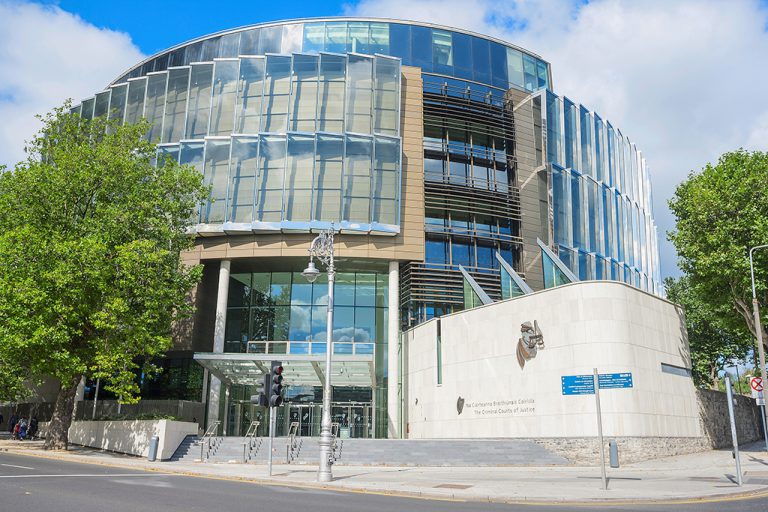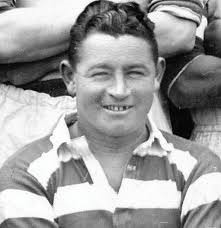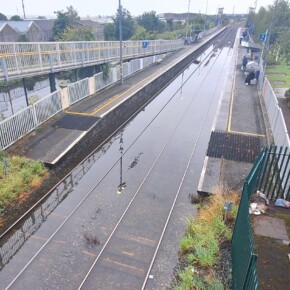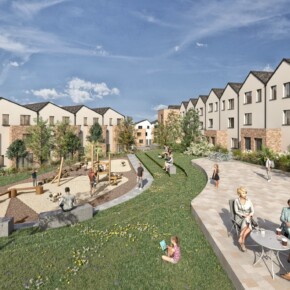Court hears of lock changing at legal practice
Padraig Conlon 08 Dec 2023
By Eimear Dodd
Defence counsel for former solicitor Michael Lynn has told his multi-million euro theft trial that his client’s solicitor was deputised by the Law Society to change locks at the office of his legal practice in October 2007.
Mr Lynn (55), of Millbrook Court, Redcross, Co Wicklow, is on trial at Dublin Circuit Criminal Court accused of the theft of around €27 million from seven financial institutions.
He has pleaded not guilty to 21 counts of theft in Dublin between October 23, 2006 and April 20, 2007.
It is the prosecution’s case that Mr Lynn obtained multiple mortgages on the same properties, in a situation where banks were unaware that other institutions were also providing finance.
The financial institutions involved are Bank of Ireland, National Irish Bank, Irish Life and Permanent, Ulster Bank, ACC Bank, Bank of Scotland Ireland, and Irish Nationwide Building Society (INBS).
Simon Treanor of the Law Society confirmed to Karl Finnegan SC, prosecuting, that the society’s records state Mr Lynn set up his legal practice in 1996 with its name changing to Capel Law during 2007.
He also agreed that there are no disciplinary records against Fiona McAleenan.
Mr Treanor agreed with Mr Finnegan that if the Law Society has concerns about a solicitor’s practice, it will act to try to protect the firm’s clients.
The jury heard that the Law Society appointed an accountant to audit Mr Lynn’s legal practice around September 2006.
The society obtained a High Court order in relation to Michael Lynn and Co solicitors on October 15, 2007 and its personnel went to the practice at the Capel Building on the same day.
Files from Mr Lynn’s legal practices were seized by the Law Society’s practice closure unit and IT equipment was removed from the office in early November.
Mr Treanor told Paul Comiskey O’Keeffe BL, defending, that he could not find any reports to confirm if the Law Society changed the locks of the Michael Lynn and Co office.
Mr Comiskey O’Keeffe said his instructions are that once a High Court order is made, “one of the first things to happen is that the Law Society secure the practice by changing locks”.
He said Mr Lynn’s then-solicitor was “deputised” by the Law Society to arrange for the locks to be changed.
One set of keys were given to an individual working for the organisation, with the other two sets retained by Mr Lynn’s then-solicitor.
He said his client’s position is that he didn’t have a set of keys and did not have access to the Michael Lynn and Co. offices after this point.
Mr Treanor said he did not find any records of this nature.
He told defence counsel that he is aware the practice closure unit secure premises, but added, “I don’t believe, as a matter, of course, they would change the locks”.
He was taken through several emails and agreed that the Law Society’s head of IT was among those who went to the offices of Michael Lynn and Co.
An IT expert was also brought in to assist.
Mr Comiskey O’Keeffe put it to the witness that the Law Society also secured the firm’s former office in Blanchardstown, where an old server was stored.
Mr Treanor said he had no information on this or if this server was examined.
He said he wasn’t aware if the Law Society held a separate file about Kendar and had no information about whether or not the society took custody of Kendar’s servers.
Mr Treanor agreed that he provided Gardai with a copy of an inventory of computers taken by the Law Society from the offices of Michael Lynn and Co., but could not be sure if it was a complete inventory.
Mr Comiskey O’Keeffe said his instructions were that there was a server room in the basement of the Capel Building, which could only be accessed through the practice’s office.
Mr Treanor said he could only provide information based on the files.
Andrew Snow, former relationship manager with Bank of Scotland Ireland, confirmed that Mr Lynn and his wife made a home loan application to the bank for €3.85 million to buy Glenlion House in Howth in December 2006.
Mr Snow told the jury it was his understanding that this was a joint home loan application to buy a private personal residence.
He said the bank would not have approved the loan if they had been aware that other financial institutions had also provided finance to purchase the same property.
He was taken through a mixture of documents, including letters, internal credit memos and application forms.
Mr Snow agreed that the bank sought a first legal charge over the property as security for the loan.
He confirmed the loan of €3.85 million was drawn down on April 19, 2007.
Mr Snow said it was never suggested to him that this money would be used for overseas investment.
Mr Snow told Mr Comiskey O’Keeffe that he did not accept that he, his colleagues or the bank were negligent in dealings with Mr Lynn.
Mr Comiskey O’Keeffe asked Mr Snow if he’d seen a document from Kendar Portugal which confirmed Mr Lynn had provided it with a loan of €3 million.
Mr Snow said he was familiar with the front page, which was submitted as part of the application.
He said he had never seen other pages from the document.
Defence counsel suggested to Mr Snow that this was not a consumer loan as certain statutory information was not included in the loan offer.
Mr Snow rejected this, saying he only worked with consumer loans.
The trial continues before Judge Martin Nolan and the jury.











